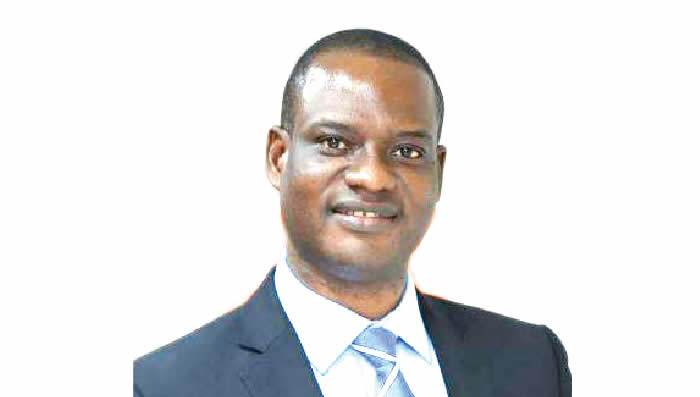
FG set to tax Nigerians 25% on earning above N100m
Taiwo Oyedele, Chairman of the Presidential Fiscal Policy and Tax Reforms Committee, has said that wealthy Nigerians earning N100m and above monthly will face a 25% personal income tax rate if a new tax bill is passed by the National Assembly.
He stated that 90% of the current taxpayers are people who should not be taxed while advocating for a more streamlined and equitable tax system in the country.
He disclosed this during a breakout session at the ongoing 30th Nigeria Economic Summit organised by the Nigerian Economic Summit Group and the Ministry of Budget and National Planning on Monday in Abuja.
Oyedele stressed the need to strike a balance between easing the tax burden for lower-income earners and ensuring the wealthy contribute more to government revenue.
“If you earn N100m a month, we are taking up to 25% from the rich people. That’s because we need to balance the books,” Oyedele stated.
According to him, the government is prepared and determined to ensure that the right individuals pay taxes, noting that his committee is actively working to achieve the goal.
He added that the proposed changes are expected to take effect from January 2025, based on the passage of the bill by lawmakers.
For middle-income earners making N1.5 million or less per month, Oyedele stated that their personal income tax obligations would decrease while those earning higher amounts would see incremental increases in their tax rates, eventually reaching 25%. Lower-income earners would be fully exempt from personal income tax.
The reforms also aim to ease the tax burden on businesses.
Oyedele noted: “Today, whatever VAT you (businesses) pay on assets—whether you’re building a factory, buying a laptop, or vehicles—you bear it. This increases your cost, and therefore, your pricing will go up. Once our reforms are implemented, you get the credit back 100% on services and assets.”
“People will pay tax once we decide that they have to pay. What we realize is that almost 90% of people who are paying taxes are those who should not have been paying in the first place,” he said.
“So that’s where we came up with the data that 97% of the informal sector should be formally exempted from taxes. People do not understand where we are coming from. They’re not the ones to pay taxes. They’re just trying to survive.”
Regarding how his committee is working to ensure the right individuals pay taxes, Oyedele said the team would use primary data identification channels to accurately bring the appropriate group of taxpayers into the tax bracket.
In addition, the corporate income tax rate is set to drop from 30% cent to 25% which Oyedele described as “huge” for businesses. Other significant tax adjustments include a reduction or elimination of VAT on essential goods and services such as food, health, education, accommodation, and transportation.
These essential services make up a large portion of household expenditure for the lower-income population, and the proposed reforms aim to lessen their financial burden.
However, Oyedele acknowledged that not all sectors would benefit from reduced tax rates. For other goods and services, the VAT rate would increase to ensure the government’s revenue book balance.
He also pointed out that inflation had already acted as a “disorderly” tax on the population, eroding the value of their money without the need for legislation.
In addressing concerns over tax incentives and waivers, Oyedele argued that indiscriminate incentives harm the economy and that removing unnecessary incentives could relieve the business sector without costing the government revenue.
“We cannot give all the incentives you are asking for. We think the biggest low-hanging fruit is removing these incentives, and that’s exactly what we are doing,” Oyedele concluded.
